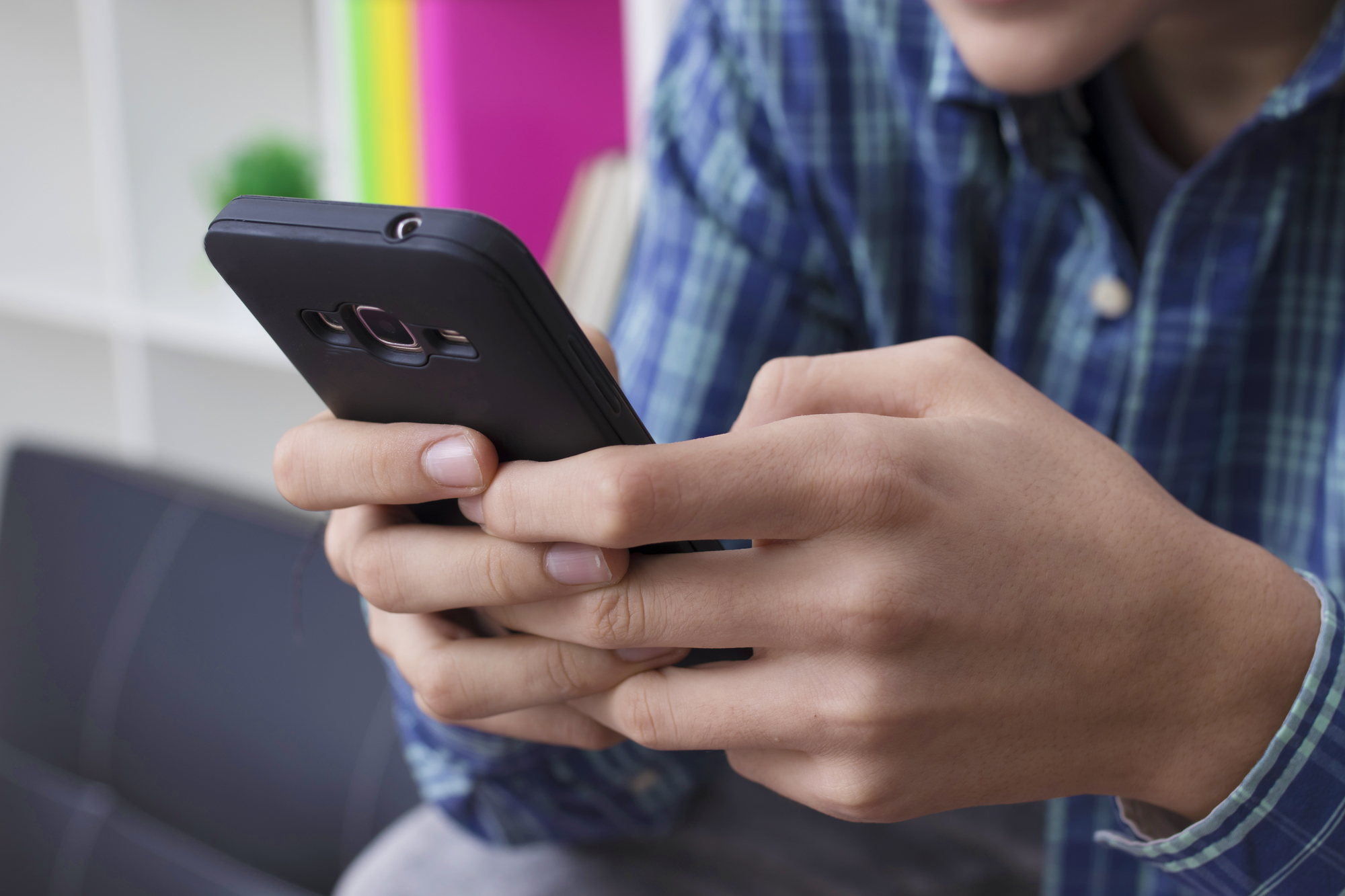Children under 15 should avoid social media, and parents are advised to limit their children’s daily screen time, according to new guidelines published by the caretaker government on Tuesday.
The recommendations follow a string of calls on the government to take action and aim to reduce health and developmental risks linked to excessive screen use. News of the recommendations was first leaked on Monday afternoon.
For children aged two to four, screen time should be capped at 30 minutes a day, rising gradually to a maximum of three hours for those aged 12 and older, the guidelines state.
Screens should be kept out of bedrooms and away from mealtimes, and parents are being urged to limit their own screen use in front of children to set a good example.
One key recommendation is the “20-20-2” rule: after 20 minutes of screen use, children should look into the distance for 20 seconds, followed by two hours of outdoor play. This, according to the health ministry, is intended to help prevent nearsightedness.
The advice also highlights the importance of content and context: what children watch, who they watch it with, and why they are watching matters as much as how long they are staring at a screen.
The cabinet also recommends setting a minimum age of 15 for social media platforms like TikTok and Instagram, because of their addictive design. This is in line with guidelines in other countries.
Messaging apps such as WhatsApp or Signal are deemed more suitable for children from around 12, when they start secondary school.
Junior minister for youth and prevention Vincent Karremans (VVD) said nearly 13% of teenagers are at risk of problematic social media use and that families need more support to manage digital habits.
Karremans has also planned to launch a campaign to limit social media use after the summer break and has called on the EU to introduce block-wide restrictions for social media use, to make enforcement easier.
Online protection
Children’s advocacy groups such as Unicef Nederland have called for clearer guidance from the government after teenagers themselves said they did not feel properly protected online.
In a survey by the charity, 88% of youths said they used social media but 69% were in favour of banning it, with many saying it was addictive or had an impact on their mental health.
Last week RTL Nieuws reported that a majority of MPs were in favour of banning smartphones in secondary schools throughout the day. The ban would not have legal force, but parties said they supported the plan by D66 MP Hanneke van der Werf to publish guidelines so that “teachers and pupils know where they stand”.
A similar ban has applied in primary schools since the start of the current school year. Teachers have reported improvements in pupils’ concentration and behaviour and said they are talking to each other more since the rules were introduced.
